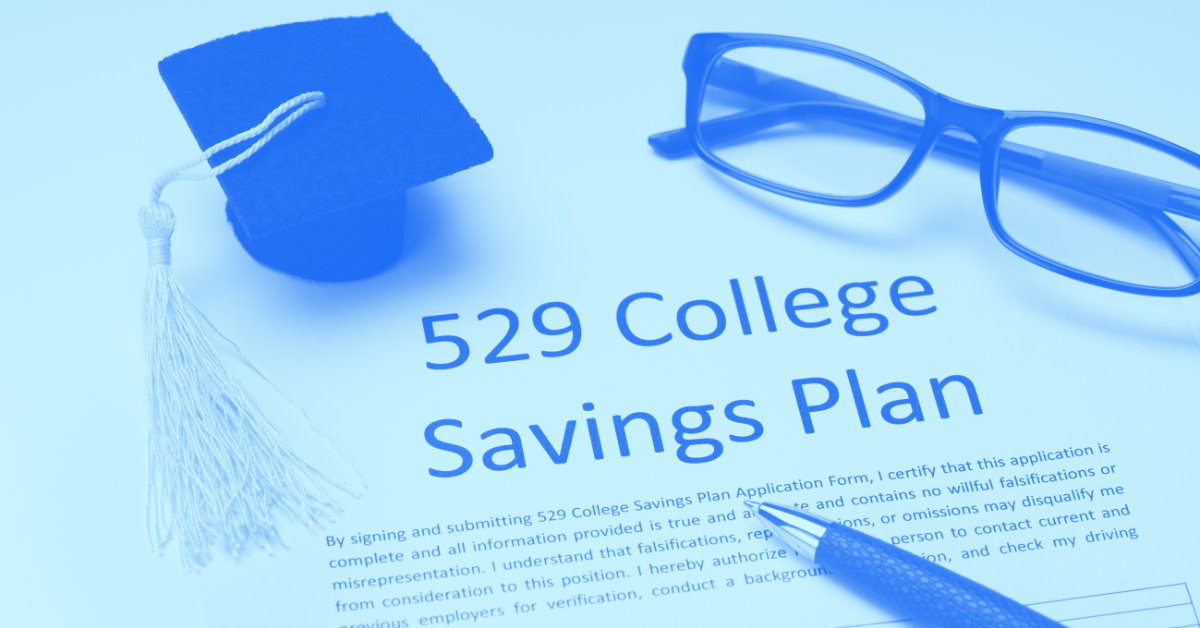Can You Name Overseas Guardians For Your Minor Kids?
Share this
Who to name as a guardian for your kids is one of the more emotionally stressful areas of creating a will for any parent. It becomes a big issue for foreign-born families when they want to consider overseas guardians.
The post 6 reasons why you need an estate plan even if you are a millionaire, details all the reasons you need to complete an estate plan.
If you pass away, become incapacitated, or get deported from the U.S. (leaving your kids behind) somebody needs to take care of them.
This is not part of the American dream that brought so many of us to this country, but it’s the reality of our lives and something we all need to plan for as immigrants.
What’s the Hesitation With Naming a Guardian?
This piece of research shows that about 64% of Americans with kids under the age of 18 don’t have a will or any written plan for the last stage of their lives.
This applies to U.S. citizens and immigrants alike. In various conversations with some of my clients and friends, the following are some of the reasons, they have not gotten around to creating wills and naming guardians for their minor children.
- They simply don’t want to think about death. Enough said!
- If on a work visa, they are waiting to figure out if they can stay in the country permanently before making the decision. This is a risk, since depending on their visa priority date, the type of visa they are on, and their country of origin, it can take years to become a permanent resident.
- If don’t have family in the country that they can name as guardians. If they are a couple, especially if they are from different countries, they can’t quite agree on the right candidate and what country that person should be from.
- Another issue is based on people assuming that the person named as the guardian also must be the executor of the will or the same individual in charge of ensuring the kids are taken care of financially. They have a hard time identifying this person especially if they don’t have family in the country.
Luckily, we know that the two roles can be separated and often, work best when handled by different people.
The financial aspect can be handled via a testamentary trust set up for the kids. This will have a named trustee (can be an individual or a corporate trustee) managing the money for the child.
Having trust allows the parent to control when and how the money is used or distributed.
It might also make it a little easier for the parents to find that one person that can take care of their kids without burdening them with the finances as well.
It’s stressful to think about naming the perfect guardian for your kids if you are not around, but the cost of doing nothing is worse.
The courts have a plan for your minor kids, which probably includes placing them into child protective custody, as they decide who is best placed to take care of them long term. But you can avoid this nightmare scenario by naming a guardian in your will.
What to Consider When Naming a Guardian
The person being named to the role of bringing up the kids should be selected based on their beliefs, their values, and more importantly whether they will bring up the kids the same way the parents would.
They must be willing to take on the role and be physically and emotionally able to handle taking care of kids.
For a lot of folks, the easiest solution, and the people they feel they can trust the most for this responsibility are members of the family, like siblings, parents, or grandparents. Ideally, the named family member lives nearby, and the parents have a personal relationship with them.
Attorneys suggest having one or two backup guardians in case the primary guardian is unable to handle the role or is not appointed by the courts.
One thing to keep in mind is the fact that you name the guardian in your will, but the court appoints them, based on the child’s best interests and the laws of the country where you are a citizen or resident.
This means, there is always a slight possibility the courts may not agree with you. More on this later.
Foreign-born families and immigrants face some special challenges in this space, and like a lot of financial issues they deal with, everything starts with their current legal status in the country which determines what country’s laws will apply in the appointment of the guardian.
Immigrants on Work Visas and Guardianship
If you are an immigrant on a work visa, then your status in the country is considered temporary, and so your home country will have the upper hand in appointing the guardian.
Every country operates differently, from the way they handle the process to the length of time it takes to appoint the guardian.
So, in addition to naming your desired primary guardian, it’s crucial to also name a “Standby, Temporary, or Emergency Guardian” (which can be done via a Kids Protection Plan) to take care of your kids, as they await a more permanent arrangement.
Ideally, they should live near you to minimize disruptions to your kids’ lives at a very vulnerable time.
Every state has different laws, so it’s important to work with an estate attorney familiar with your state as well as experience dealing with international guardianships to get this setup correctly.
Why Immigrants Want to Name Overseas Guardians
If you are a U.S citizen or a permanent resident, then the courts will use your resident state’s laws to settle your affairs and appoint who they feel is the best person to be your kids’ guardian, which may or may not be the person you have named in your will.
This is where a lot of immigrants end up in a tricky situation, especially those like me who grew up in a different culture.
I moved to this country in my early twenties, my values, and my experiences of how the world works may not necessarily be the same as the next person, but I do know these are values I want to pass on to my kids.
If something were to happen to me, I want my kids to be brought up with the same values that I grew up with. The easiest way I can think of to accomplish this is to have them grow up in my birth country especially if very young.
The courts may disagree with me on this.
For immigrants without family in the U.S., the easiest solution to them is to name a guardian in their home country (sibling, parent, etc.), which may go against what the courts decide is the best solution for the kids.
Every state is different, but generally, if the named guardian is not a U.S. citizen or a permanent resident, there are a couple of things the courts will consider before appointing them as a guardian.
Therefore, it is critical to work with an experienced attorney who understands immigration and international guardianship as you select the person to, whom you want to give this responsibility.
Considerations for Appointing an Overseas Guardian
When the person named to be the guardian is not a U.S citizen or a permanent resident and lives in another country, the assumption is that the child will need to move to that country as well.
Typically, the courts will not allow a person to remain in the country or move here based on guardianship alone.
The courts will want to dig into some of the following questions as part of appointing the guardian to ensure, that it’s the best situation for the child.
- Is the proposed country safe, meaning no political issues or civil war going on? The courts will not send kids to a country, where they may not be safe.
- What is the legal status of the kids going to be in the new country, and will that create a hardship for them? If the kids are dual citizens, it makes it more likely that legally they can live in that country.
- Do the kids have any ties with the proposed country? For example, do they speak the language? Have they visited that country before? If the kids speak the language, know their family overseas, and have spent time with them in that country, it is more likely the courts will appoint the selected guardian.
- If the guardian is overseas, are they likely to have trouble coming to the U.S.? Are they able to get a visa to travel and how soon are they able to make the trip?
Getting the Courts to Honor Your Wishes on a Non-US Guardianship
Understand the courts make their decisions, based on the best interest of your kids, and based on the information they have available.
To increase the likelihood of getting the court to appoint the overseas guardian you have named, there are couple more things you can do in addition to the above.
- Spell out your wishes in your will, explaining why you want the named guardian to take care of your child in your home country, why you want them to grow up with those cultural values, your ties to the chosen country, and any other details that support that this is the best choice for your child. Work with an attorney to ensure the right language and format.
- To reinforce your wishes, just like you talk to your kids about money and other life issues, make guardianship a part of those conversations and let them know what you have planned for them if something were to happen to you. You know your kids best, so use your discretion and do things at an age-appropriate level.
Personal Experience With Overseas Guardians
This is something I’ve dealt with at a personal level. My spouse and I are U.S. citizens but were born in different countries.
We revisit this issue regularly as the kids grow, when we have significant changes in our family lives like moving to a new state, or if there are changes in the named guardians’ lives.
Over the years we have managed to make this part of our dinner conversation with our kids, so if something were to happen to both of us, the kids know who to call first, where to go in the short term, and who they named guardian is, and what country we would want them to move to permanently.
We hope that empowering them this way, will make it more obvious why our choice at this point is the right one for our family.
Finally plan to have one or two backup guardians who are U.S. citizens or permanent residents in case your primary guardian is not able to take the responsibility or is not appointed by the court.
The backup guardian can also be your temporary guardian and they would be able to take care of the kids as they await the court’s process.
Estate planning and specifically guardianship is part and parcel of financial planning, but also one of the most critical areas to work with an attorney well-versed in immigration and international estate law.
Don’t embark on this journey alone.
This article originally appeared on Elgon Financial Advisors

About the Author
Jane Mepham is the Founder and Principal Advisor at Elgon Financial Advisors. She works with immigrants including those on work visas looking for guidance in navigating the financial situations that are key to achieving their version of the American dream.
Did you know XYPN advisors provide virtual services? They can work with clients in any state! Find an Advisor.
Share this
Subscribe by email
You May Also Like
These Related Stories

Good Financial Reads: What You Need to Know About the 529 Plan

How to (Financially) Plan for a New Baby



